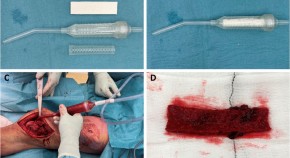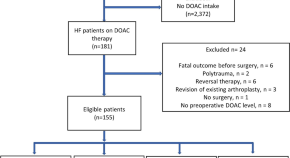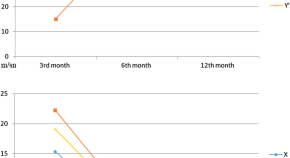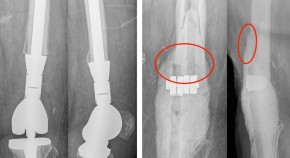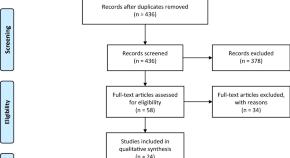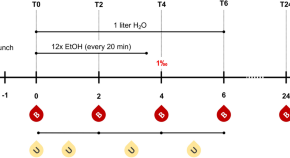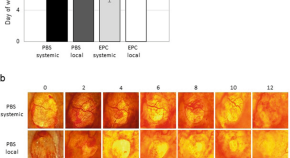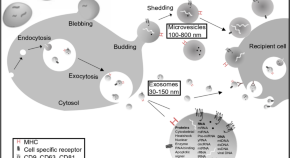Higher risk of traumatic intracranial hemorrhage with antiplatelet therapy compared to oral anticoagulation—a single-center experience
Authors (first, second and last of 6)

Collection
Tools for rapid and reliable assessment of trauma severity, for reliable assessment of organ damage and early detection of complications and organ failure but also new strategies to improve regeneration and healing are still on top positions of the trauma surgeons’ wish list.
Serum factors are a useful tool for categorising the severity of trauma and systemic inflammation. In addition to the assessment of systemic inflammation by cytokine profiles and complement factors, other markers have the potential to indicate organ-specific damage at an early stage, such as club cell protein 16 (CC16), neurofilament light chain (nfl) or tissue-specific µRNAs. From a diagnostic point of view, circulating extracellular vesicles, membrane-enclosed nanoparticles that have been cut off by cells, are of great interest in several respects. Surface proteins can be used to identify their cellular origin, and their cargo could provide further information about the state of the tissue of origin.
However, it is not only the injury pattern and the severity of the injury that determine the post-traumatic course. Confounding factors such as alcohol or direct oral anti coagulants (DOAC), which influence systemic inflammation or lead to increased intraoperative blood loss and thus to an increased need for blood reserves, are an important aspect to consider.
After the initial preservation of vital functions, the regeneration and repair of injured tissue is of critical importance to the patient and the treating physician. New strategies for the treatment of injured soft and hard tissues, as well as neuronal injury, are being explored and some have already been tested in prospective clinical trials.
With this collection, I would like to draw your attention to relevant developments in the field of diagnostics and therapy and motivate you to further develop our speciality for the benefit of the severely injured patient.
Dirk Henrich is senior scientist and Head of the Trauma Research Lab at the Department of Trauma Surgery and Orthopedics at Frankfurt University Hospital. His research focuses on the regeneration of large bone defects, but also on studying the immunological processes that lead to organ failure and the disruption of regenerative processes.


